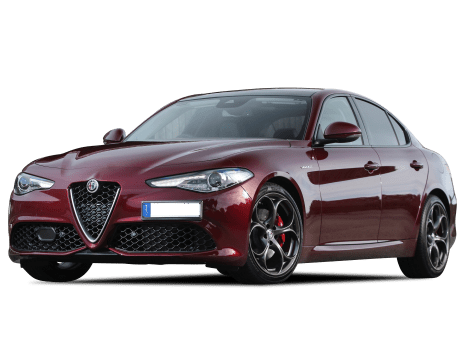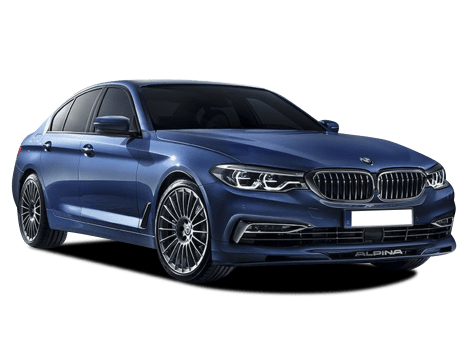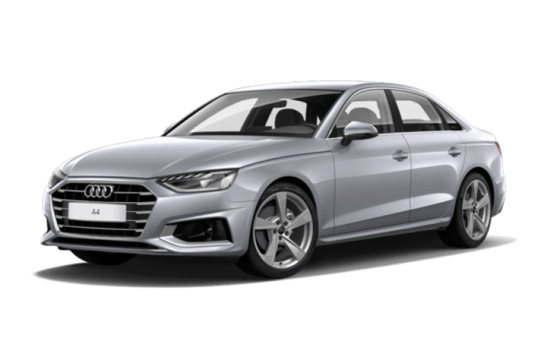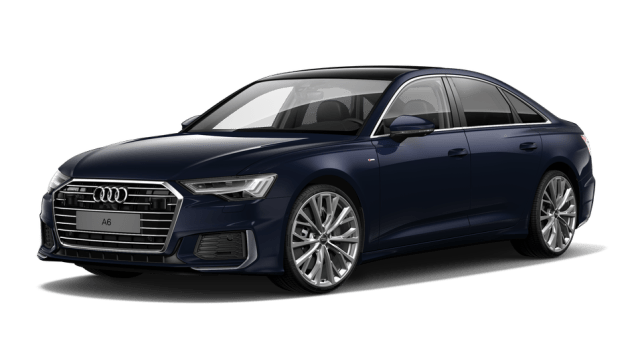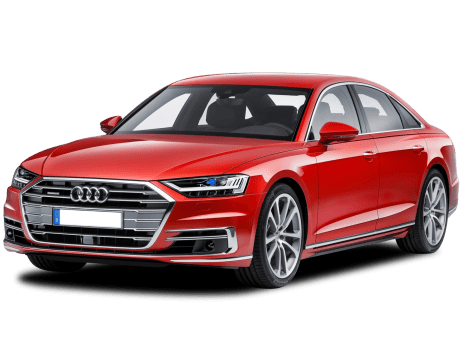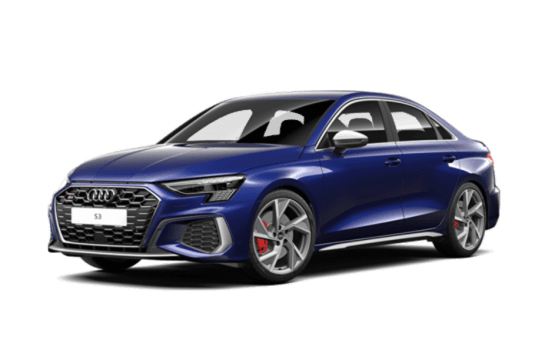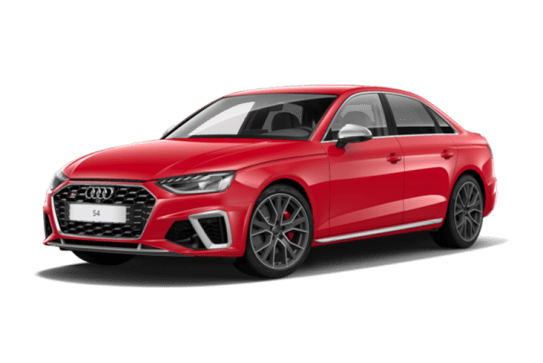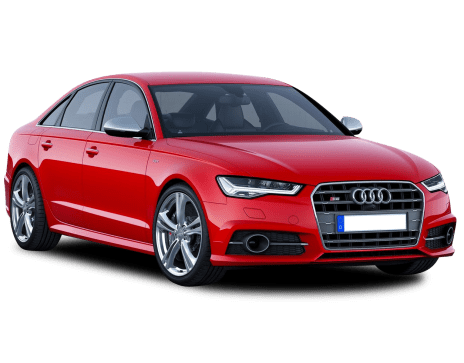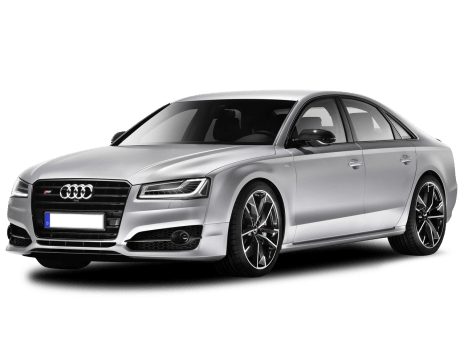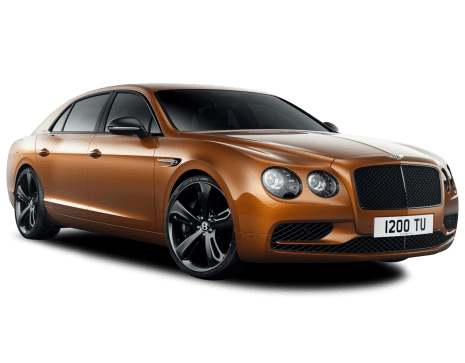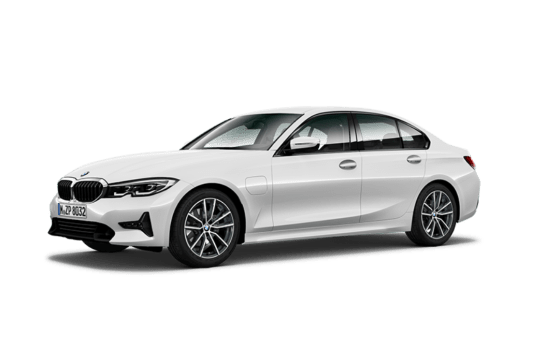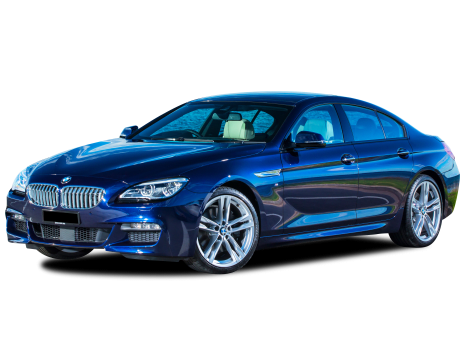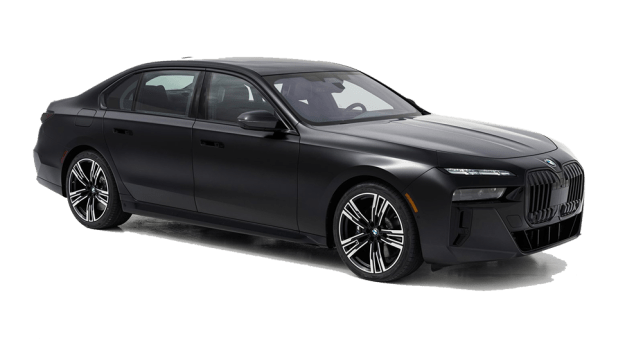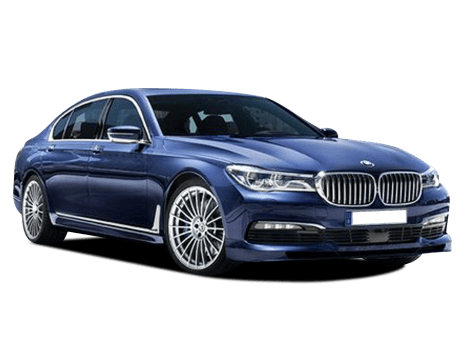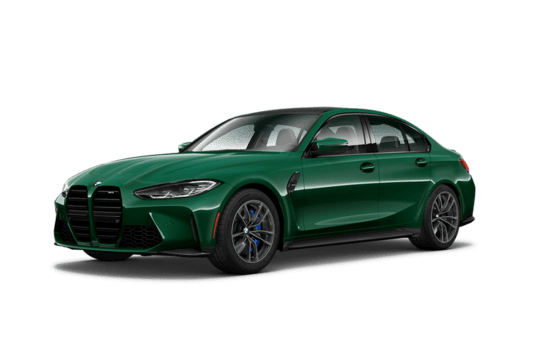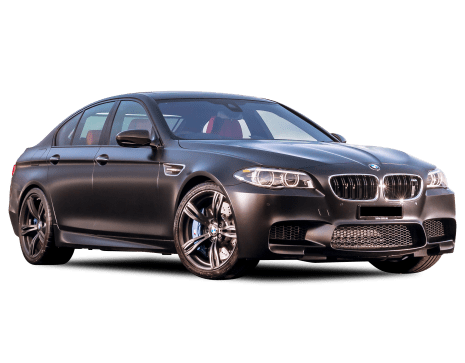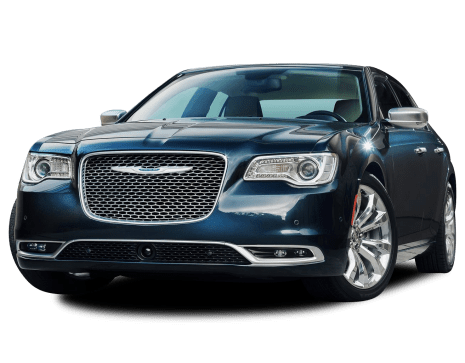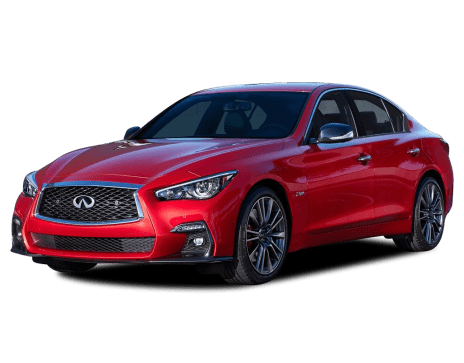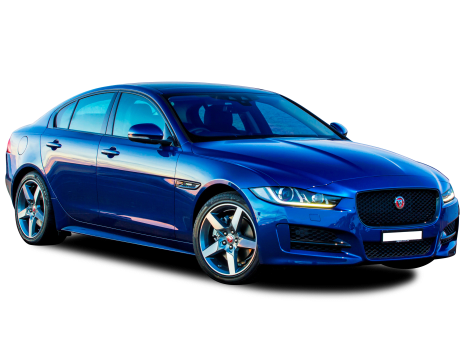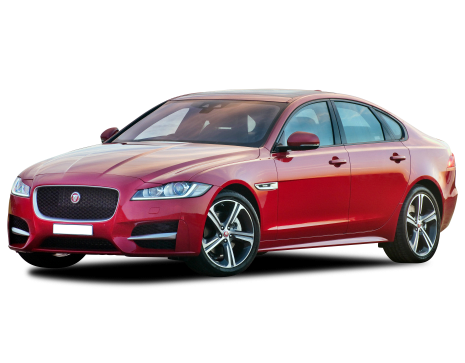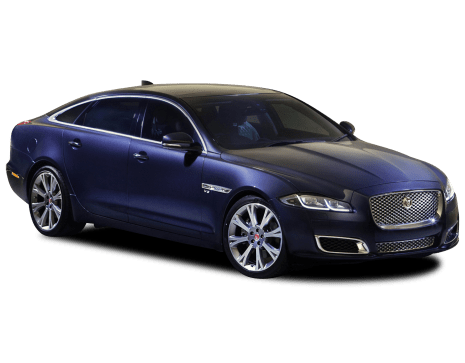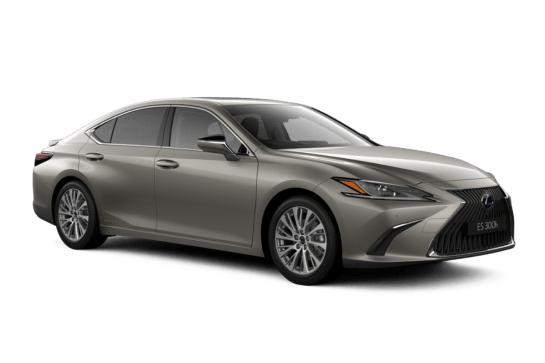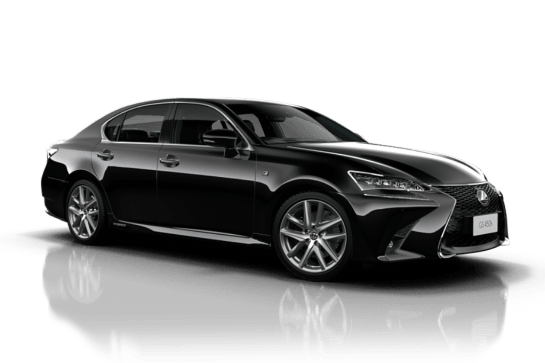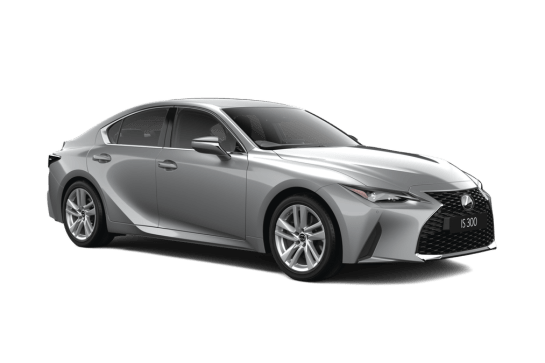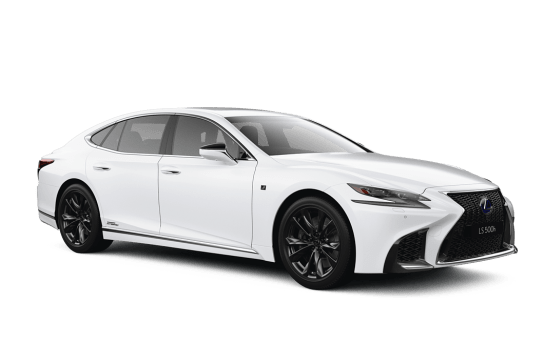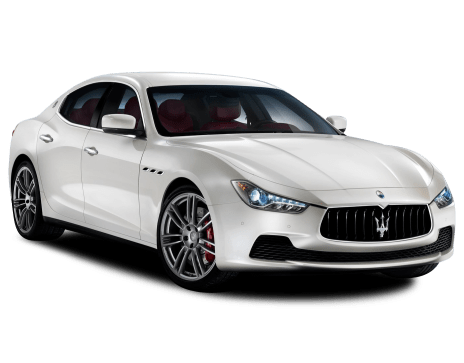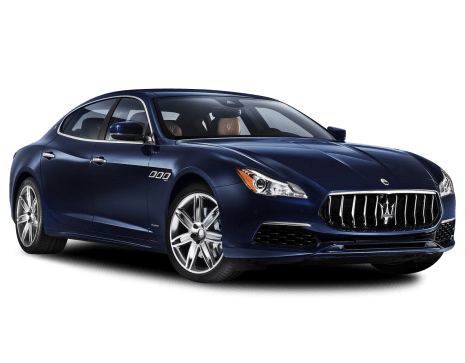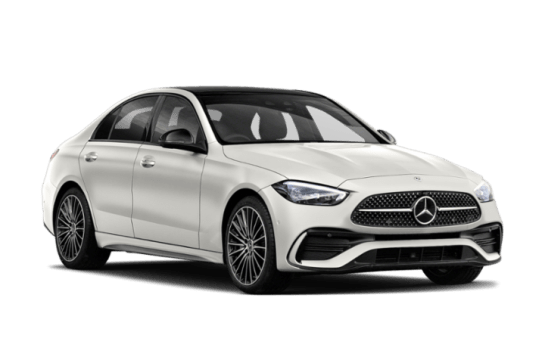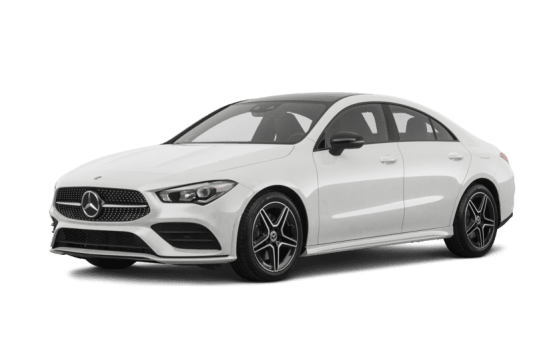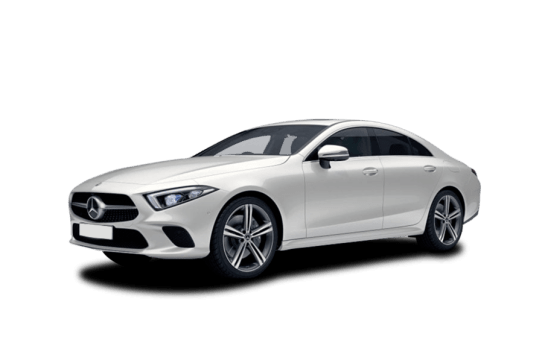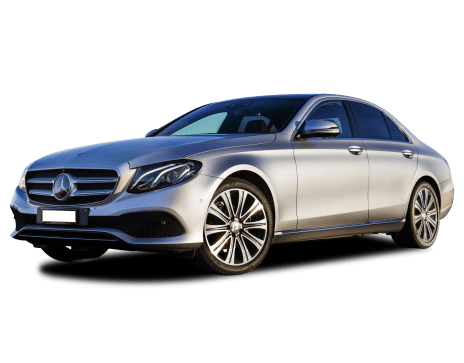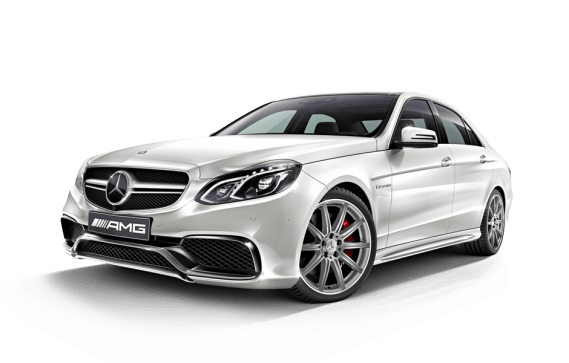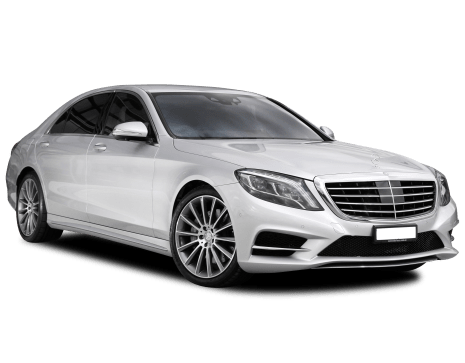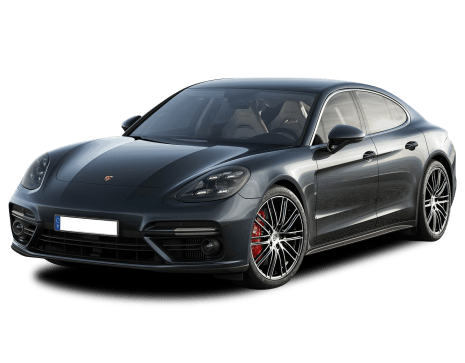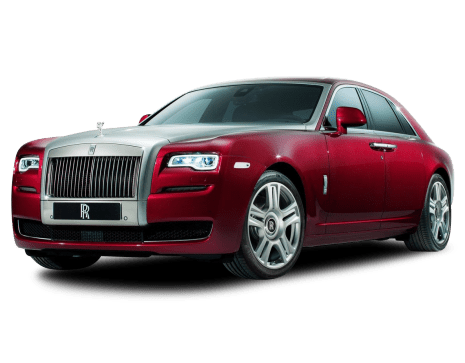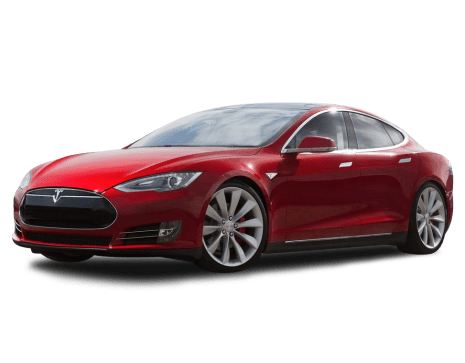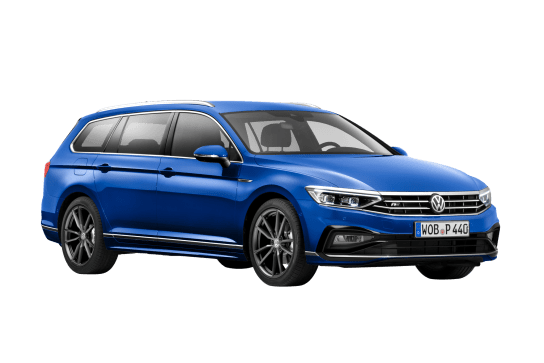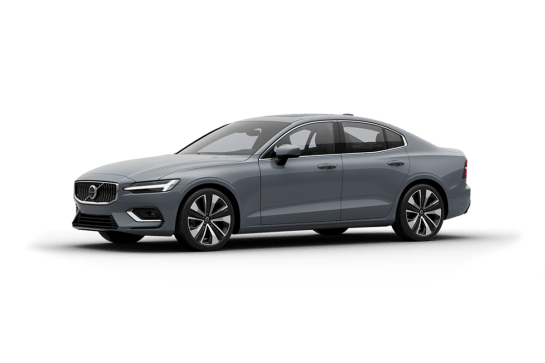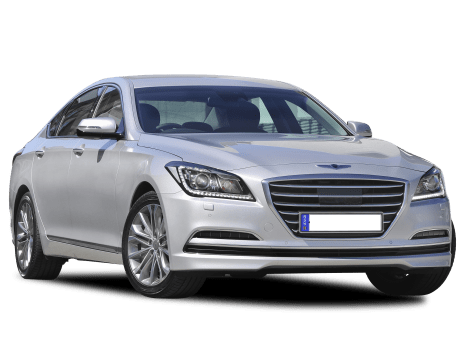
Hyundai Genesis VS BMW Alpina B7
Hyundai Genesis
Likes
- Refinement
- Comfort
- Spec list
Dislikes
- No V8 option
- No diesel option
BMW Alpina B7
Likes
- Supremely comfortable ride
- Luxurious cabin
- Supercar-scaring 330km/h top speed
Dislikes
- Exhaust note could be tougher sounding
- Extra care needed to pilot through car parks and alley ways
- Australia's speed limits
Summary
Hyundai Genesis
Anybody who doubts that Hyundai is gunning for the number one in the world has rocks in their head. Big heavy ones. Korean companies do not settle for anything less than number one. The second-generation Genesis (our first taste here in the Antipodes as the gen-one had its steering wheel on the wrong side) is proof.
What's different about Hyundai's unstoppable rise is the way they're going about it. They've always done their own thing in Korea, reinventing themselves time and again when they strayed off the beaten path.
The Genesis is a gamble for a Korean company in foreign markets whose default setting for luxury is marked, Britain or Germany. If Hyundai gets the Genesis wrong there will be howls of derision, or at best patronising pats on the back - "Nice try, you'll get there one day". But if they get it right...
| Safety rating | |
|---|---|
| Engine Type | 3.8L |
| Fuel Type | Regular Unleaded Petrol |
| Fuel Efficiency | 11.2L/100km |
| Seating | 5 seats |
BMW Alpina B7
You know when you're walking along the footpath and you come to a soft spongey bit that the council have put in around a tree and your mind goes: "Whoah, the ground is bouncy but it looks just like bitumen?!"
Well that's the kind of response you'll get from people when they think they're looking at a regular BMW 7 Series, only to have their world go a bit bouncy when they see the Alpina B7 badge on the back of this car as you're overtaking them at Warp Factor 9000.
And you will be overtaking them like a blur because, thanks to the elves at German tuning house Alpina, the B7 is hugely fast for a five-seat, 5.3m-long, 2.2 tonne limo. But then the B7 is fast for any type of car of any dimensions, because with its 330km/h top speed this beast will outrun a McLaren 570GT. Yes, seriously.
Based on the BMW 750Li long wheelbase, the B7 begins life rolling down the same production line as a regular 7 Series. Alpina then goes on to make so many changes to the engine and chassis that the German government requires the BMW VIN to be replaced with a new one.
Ready to find out more? Well there's so much to see here that things may go a bit weird and bouncy again. Be prepared.
| Safety rating | |
|---|---|
| Engine Type | 4.4L turbo |
| Fuel Type | Premium Unleaded Petrol |
| Fuel Efficiency | 9.6L/100km |
| Seating | 5 seats |
Verdict
Hyundai Genesis8.6/10
The Genesis is not quite a match for cars twice its price but it makes you think what's possible. It doesn't have the dynamic brilliance of a BMW or the self-assured faultless execution of a Mercedes. Lexus ought to be worried, though - why would you have an LS when you could have this? The only answer is 'badge'.
The Genesis is an epoch-making car for the Korean manufacturer. As the company has got better, there are fewer excuses for overlooking it. While the Genesis is pitched into a shrinking market, it's not really meant for the average i30 buyer to buy, but to see.
It's bristling with tech and is not only a halo car but a shot across the bows of both Lexus and the Germans. Attached to that shot is a note: "We're coming for you." In other words, Hyundai got it right.
BMW Alpina B77.9/10
The BMW Alpina B7 is a special car destined (like all Alpinas) to be a collector's item, due to its rarity and exclusivity. I asked Alpina just how many current model B7s there are in Australia and the answer was "less than five", which is just as mysterious as most people find the car in general.
The B7 is fast – too fast to enjoy legally on Australian roads – but it is also supremely comfortable and well appointed. For Alpina fans lucky enough to be driven in on,e this would make for a truly rare and niche way to be chauffeured.
Is the BMW Alpina B7 the ultimate fast limousine? Tells us what you think in the comments section below.
Design
Hyundai Genesis8/10
The Genesis is like no other Hyundai. For a start, it's gigantic - it looks easily as big as a BMW 7 Series (it isn't) with the road presence to match. There's a lot of BMW from most directions, but with a sharper approach to the creasing and character of the sheet metal.
Towards the rear it's more BMW 6 Series Gran Coupe and is all the better for it. The style is understated and technocratic.
The big wheels from the Ultimate pack help make it look lower and sleeker, too.
Inside is also very Germanic, but with a bit more of a Lexus feel. Our car had the lighter leather which meant that the wood and the metal materials didn't necessarily work well together.
The interior is expertly put together and feels like it will last forever.
The only jarring moment is the gear selector is shared with our long-term Hyundai i30 - it looked a bit cheap in what is otherwise a beautifully executed cabin - it needs more heft.
On Australian-delivered cars there is just one Hyundai badge, sitting proudly on the boot - you get the feeling this was debated long and hard and when the decision was made to go for it, a big one was chosen.
However, the winged Genesis branding takes pride of place everywhere else. When you approach the car at night and the puddle lamps come on, the Genesis logo is projected on to the ground, crisp and clear.
BMW Alpina B77/10
This is a good place to start because the B7 looks just like the 750Li it's based on, until you see the first tell-tale signs that it's not one.
There's the front wing with Alpina lettering and the boot-top spoiler, the graphics, which run the length of the car, and the 20-spoke wheels with Alpina badging.
This is late '70s, early '80s styling at its best (and possibly worst), but these special cars can pull off the irony-free look because this is how Alpina BMWs have rolled since 1975, when the E21 320-based Alpina A1/3 was launched.
BMW badges have been left on the bonnet and boot, but there's Alpina B7 BiTurbo lettering in place of the 7 Series identifier.
Most people walked by it in the street thinking it was just a big BMW, others scratched their heads wondering what I'd done to my big German limo and a handful almost dropped to their knees in praise and wonderment at spotting a rare beast like this in the wild.
These people all had their own Alpina stories – one was the third generation of an Alpina-owning family. You become a member a small and passionate club when you buy into this rarefied brand.
The standard B7's cabin is close to identical to the luxurious interior of the 750Li, save for Alpina-embossed stitching in the headrests of the soft, leather seats, the virtual instrument cluster and the Alpina plaque on the centre console denoting the build number.
The B7 is long, low and wide at just under 5.3m end to end, 1.5m tall and 1.9m across. A 3.2m wheelbase means cabin room is more than just spacious.
The B7 rolls off the Dingolfing production line in Germany and is then handed over to Alpina's facility in Buckle, where significant changes take place. Read on to find out how the B7 is different from a regular 750Li.
Practicality
BMW Alpina B78/10
The B7 is a five-seater limousine although with the fold-down rear centre armrest which houses the media control panel the back is really set up to carry two.
That 3.2m wheelbase means cabin space is enormous. At 191cm tall I can sit behind my driving position with about 30cm between my knees and the seatback. Those rear doors open wide and the entrance is huge, making entry and exit almost as easy as just walking through a doorway. The air suspension also rises and lowers the B7's ride height for better access.
Storage is excellent, with two cupholders and door pockets for rear passengers, along with the area inside the centre armrest.
Up front, the driver and co-pilot have a deep centre console storage bin with split-opening lid, two cupholders and door pockets.
Luggage space is good, with a 515-litre boot.
Price and features
Hyundai Genesis9/10
The only way to describe the Genesis' pricing is aggressive - kicking off at $60,000, it's the most expensive Hyundai money can buy, but with a spec list like this, you won't feel at all short-changed.
Your sixty large buys you a huge cabin with a seventeen speaker stereo, auto headlights and wipers, LED ambient lighting inside and out, dual-zone climate control, keyless entry and start, powered front seats which are heated and cooled, satnav, front and rear parking sensors, and plenty of other bits and pieces.
Our car had the $22,000 Ultimate package, adding 19-inch alloys, blind spot sensor, front and side cameras, around-view display, real leather, more adjustments for the driver's seat, ventilated seats in the front, heated rear seats, panoramic glass sunroof, acoustic glass, heads-up display, powered bootlid and LED foglamps.
You can have a lot of the more useful features in the $11,000 Sensory Pack. It's a good middle ground that, for example, features the excellent heads-up display.
The 9.2-inch screen splits the asymmetric air-conditioning vents. The software is unique to the Genesis and a huge leap forward over the rest of the Hyundai range - classy, smooth graphics, a good responsive screen.
You control the seventeen speaker stereo from here, which kicks out a rich sound and an impressive Bluetooth performance - rear seat passengers can also run the stereo from their armrest. The satnav is detailed and chatty, while the excellent heads-up display shows a configurable information set in strong, clear graphics.
BMW Alpina B77/10
The B7 lists for $389,955, while a 750li is about $319,000. At this level, $70K seems like a downright reasonable premium to pay for a faster, more powerful, better handling and comfier version of the 750Li.
In this case you're paying more but getting more, although standard features are close to identical. There's adaptive LED headlights, head-up display, night vision with pedestrian detection, a 10.25-inch touch screen up front and two screens in the second row for TV and other media functions.
There's a reversing camera, sat nav, harman/kardon surround stereo and Apple CarPlay. There's leather upholstery, seat massagers in the front and rear, four-zone climate control, heated and ventilated front and rear seats, front and rear parking sensors, auto tailgate, sunblinds for the rear and rear-side windows and proximity key.
The safety features are listed in the section below, and that list is also impressive.
Rivals to the B7 include the Mercedes-AMG S63, which lists for $375,000, the $331,700 Audi S8 and even the Bentley Flying Spur, which almost matches its price at $389,500.
Under the bonnet
Hyundai Genesis9/10
The Genesis is powered by Hyundai's own 3.8-litre V6 developing 232kW and 397Nm, mated to Hyundai's eight-speed automatic transmission.
Despite weighing just under two tonnes, the Genesis completes the dash to 100km/h in 6.5 seconds.
It has a claimed 11.2L/100km on the combined cycle. In what must be a first, we got below that, averaging 10.8L/100km over two weeks. And that's without stop-start fuel-saving to blunt the effect of lot of city driving.
We'd still like to try the V8 - only available in left-hand drive markets - though.
BMW Alpina B79/10
Alpina takes the 4.4-litre twin turbo V8 from the BMW 750Li and rebuilds the engine by hand. Alpina fits its own turbochargers, air-intake set -up, high-capacity cooling system and Akrapovic quad exhaust. Output is 447kW and 800Nm – an increase of a whopping 117kW and 150Nm over the 750Li's grunt.
It's interesting to note that the V12-powered 760Li has a smidge more power, at 448kW, and the same torque output as the B7.
How fast is the B7? Supercar fast – the B7 has a top speed of 330km/h, which will see it outrun a McLaren 570 and almost keep up with a Ferrari F12. That's quite incredible for a 2.3-tonne limousine with three TVs on board. A 0-100km/h time of 4.2 seconds is also hugely impressive.
In comparison, a 750Li has a 0-100km/h time of a not-too-shabby 4.7 seconds, but the car is electronically limited to 250km/h.
An eight-speed automatic transmission shifts gears smoothly, although a little slowly in Normal mode, while Sport and Sport+ add urgency and harder shifts.
Finally, the B7 is all-wheel drive, and those rear wheels are designed to steer slightly for better cornering performance.
Efficiency
BMW Alpina B77/10
The B7 is probably not the car to own if you're concerned about either fuel prices or emissions, but then the twin-turbo V8 may not be as thirsty as you'd think, with Alpina stating that, after a combination of urban and open-road driving, you should only use 9.6L/100km.
My time in the B7 saw me double that usage but this could have had something to do with me turning off the stop-start system and driving in Sport mode constantly.
Driving
Hyundai Genesis8/10
At five metres long, with a ride firmly pitched in the luxury camp, the Genesis is not going to tempt you into a track day, even with rear wheel drive.
Blindfold your passengers and swap them between a Lexus, a BMW and a Genesis and the overwhelming impression they'll get is one of incredible smoothness.
Sitting in the back of the Genesis, it's easily as good as the German and luxury Japanese competition. The seats are hugely comfortable, there's ample head, leg and shoulder room and it feels lot nicer than anything within a bull's roar of its price.
No matter where you sit, it's an incredibly quiet car. The engine is a distant whoosh, the tyre noise muted and there's almost no wind or ambient noise. It's supremely comfortable and the excellent stereo will wash away what little noise does invade.
It certainly feels its weight from the driver's seat, with a competent, soft turn-in, but if you're wanting sudden movements, this isn't the car for you.
On fast flowing roads you can have some fun, but things will get floaty and that will quickly kill that fun. The ride and isolation from the rest of the world is completely worth it.
BMW Alpina B79/10
Who on Earth thinks a BMW 750Li isn't fast enough or comfortable enough, even with all its horsepower, luxurious cabin and technology? Alpina, that's who.
Redevelopment of the 4.4-litre V8 with new turbochargers, a high-capacity cooling system, different air suspension set-up and an exhaust system made by Akrapovic have made this already exceptional car better. Better to drive and better to be driven in.
The ride, even on those 21-inch wheels and low-profile Michelin Pilot Super Sport tyres (255/35 ZR21 on the front and 295/30 ZR 21 on the rear) is incredibly comfortable. I drove it and also had a chance to recline in the back and be chauffeured (by our photographer) and the ride was so composed and refined it was hard to believe I was travelling along some truly awful urban roads with their cracked and pot-holed surfaces.
And it's quiet, too. Which will suit those in the back being transported swiftly from the airport to their next meeting, but if you're after a loud and angry exhaust note then you won't find it in the B7. Sure, from the outside at full throttle the B7 has a menacing growl, but this isn't a BMW M car that will bark and snarl.
See, while BMW's M division makes brutal, loud, high-performance versions of their regular cars, Alpina makes comfortable, stealthy, high-performance ones.
All-wheel drive provides fantastic traction and ensures that grunt doesn't just tear the tyres off those rims when you sneeze on the throttle.
And while the air-suspension is soft and comfortable, adaptive dampers adjust for when the road goes twisty, providing impressive handling for a heavy and long car.
Really, though, the B7 is built for long, endless stretches of roads, and the acceleration beyond 100km/h is almost as startling as that from 0-100km/h, as it wants to push straight past 200km/h towards that 330km/h top speed.
Which, unless you know a good lawyer or happen to be one, will send you straight to jail. Yes, the B7 is probably too much car for Australian roads. Only on a German autobahn would a B7 be fully at home.
I felt like I was given a Melbourne Cup-winning racehorse for a week but could only ride it in my suburban backyard.
Safety
Hyundai Genesis9/10
Nine airbags, traction and stability control, lane departure warning, forward collision control, ABS, brake force assist and distribution and traction and stability control bring the ANCAP count to five stars.
The Sensory and Ultimate packs add blind spot sensors and around view cameras.
BMW Alpina B79/10
The Alpina B7 comes with all of the BMW 750Li's safety equipment – this includes AEB, lane-keeping assistance and lane-departure warning, blind-spot warning, active cruise control, night vision with object recognition, auto parking and surround view camera.
Along with the suite of airbags, there's traction and stability control and ABS, as you'd expect.
The 750Li and B7 have not been given an ANCAP score.
Ownership
BMW Alpina B77/10
The B7 is covered by BMW's three-year, unlimited-kilometre warranty. Servicing is recommended every 12 months or 15,000km. The B7 is covered by BMW special vehicles servicing plan, which means services are cost-free for the first three years of the car's life.


